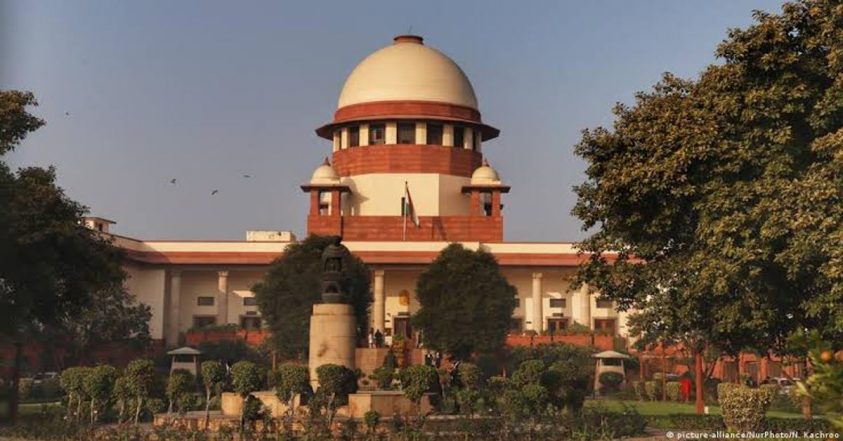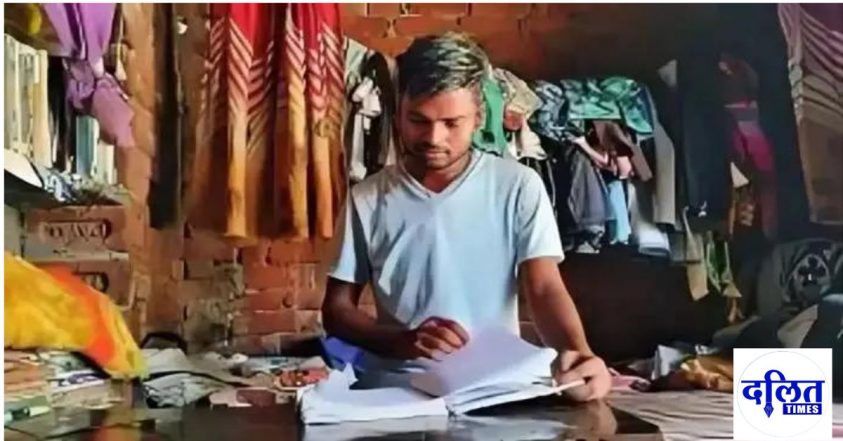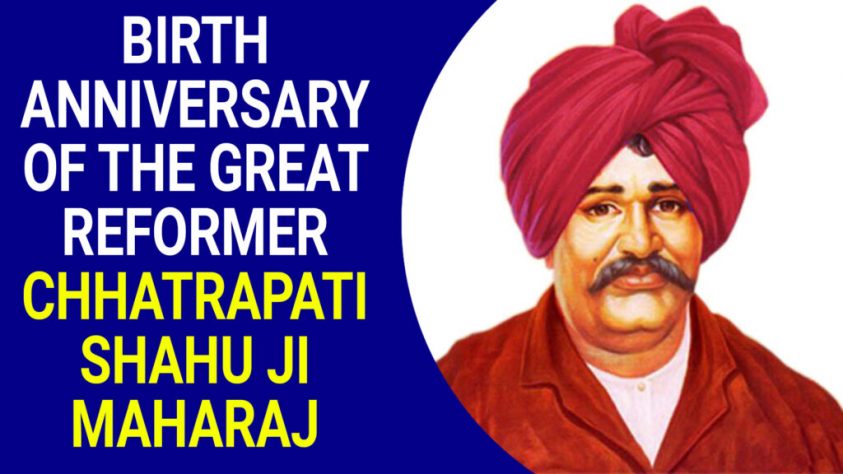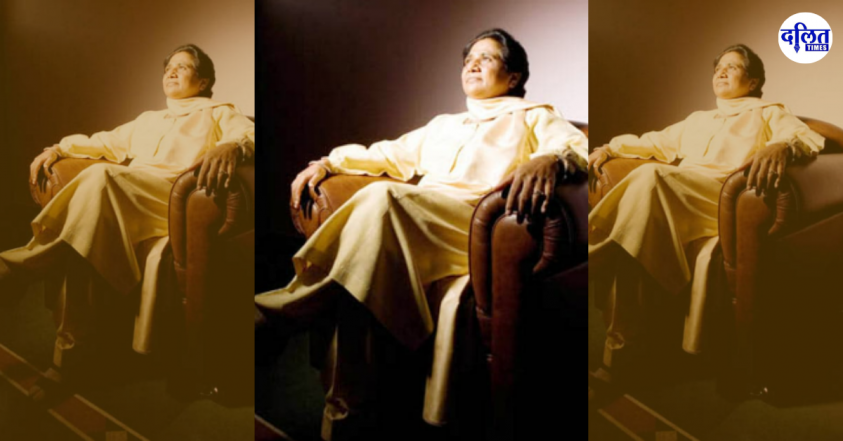In a landmark judgment that highlights the importance of accessibility to education, the Supreme Court has come to the aid of 18-year-old Atul Kumar, a Dalit student from Muzaffarnagar, Uttar Pradesh. Despite clearing one of India’s most competitive exams, Atul’s dream of attending IIT-Dhanbad was nearly crushed after he missed the fee payment deadline due to severe financial constraints. However, a three-judge bench, led by Chief Justice of India (CJI) Dhananjaya Y Chandrachud, intervened to ensure that his future remained intact.
Atul, a bright and determined student, had successfully cleared the JEE Advanced exam, securing a seat in the prestigious IIT-Dhanbad. Unfortunately, the joy of success was short-lived. Coming from a financially disadvantaged background, Atul’s family had to borrow money from neighbors to gather the ₹17,500 required to pay the admission fee. Despite their efforts, the online portal for fee payment logged Atul out moments before he could complete the process. This technicality threatened to derail his academic future, leaving him without a seat at the institution.
His family’s financial situation posed a significant hurdle. Atul’s father, a part-time tailor and daily wage laborer, has always placed great emphasis on education, despite the challenges. Atul’s older brothers are also pursuing higher education, one at IIT-Kharagpur and another at NIT Hamirpur. However, even with these achievements, the family struggled to meet the financial demands of securing Atul’s future.
When Atul initially approached the Jharkhand High Court for relief, he was advised to file a petition in the Madras High Court, since IIT Madras was the JEE Advanced exam conducting authority for that year. Facing delays and a lack of immediate action, Atul turned to the Supreme Court for a last-ditch effort to salvage his educational aspirations.
In the hearing, the IIT counsel argued that Atul had been inactive on the portal for two hours, indicating negligence on his part. However, the Supreme Court was quick to dismiss this argument. The Chief Justice pointed out that Atul did not miss the deadline due to negligence but because he simply didn’t have the funds in time. CJI Chandrachud questioned, “If the boy had ₹17,500, why would he not pay? This is the last thing he would do to lose his seat.” The bench further emphasized the need for justice beyond mere technicalities.
The bench, also comprising Justices JB Pardiwala and Manoj Misra, ultimately ruled in favor of Atul, ordering the IIT seat allocation authority to admit him into the electronics engineering program at IIT-Dhanbad. They acknowledged the extraordinary hardships he faced and used their powers under Article 142 of the Constitution to ensure that a student with such potential would not lose his seat over financial difficulties.

“We are of the view that a talented student like the petitioner, who also belongs to a marginalized section, cannot be left in the lurch. The power under Article 142 has to be used to do justice in cases like these,” the bench declared. They also ordered that if necessary, IIT-Dhanbad should add a new seat to accommodate Atul, and he would be provided with hostel facilities to ensure his comfort.
Atul remained composed during the hearing, but the significance of the moment was not lost on him. His case had gained widespread attention as a symbol of the barriers faced by marginalized communities in accessing higher education. His lawyers, Amol Chitale and Pragya Baghel, drew parallels to a similar 2021 case in which another Dalit student, Prince Jaibir Singh, had been allowed admission to IIT Bombay after missing a payment deadline.
CJI Chandrachud, known for his sensitivity toward social justice, remarked during the hearing, “Some places, teachers help; some places, judges help.” As the hearing concluded, he addressed Atul directly with a smile, wishing him success: “All the best! Achha kariye (Do well).” Atul expressed his gratitude to the court with folded hands, knowing that their intervention had saved not just his academic future but also his family’s hopes for a better life.
Al’s case is a powerful reminder of the structural challengents from marginalized communities face, even after overcoming academic hurdles. His father’s dedication to education and his family’s relentless pursuit of a better future have now borne fruit, thanks to the intervention of the highest court in the land.
Reflecting on the decision, Atul shared, “Our dream train was off the track for some time, but with the Supreme Court’s intervention, it is back on track.” With renewed hope, he looks forward to embracing the opportunity that almost slipped away, ready to embark on his journey at IIT-Dhanbad.
The Supreme Court’s decision not only restores Atul’s academic future but also highlights the role of the judiciary in ensuring that deserving students are not left behind due to financial or systemic barriers. This ruling stands as a testament to the idea that talent and hard work should be the primary determinants of success, regardless of one’s economic or social background.



